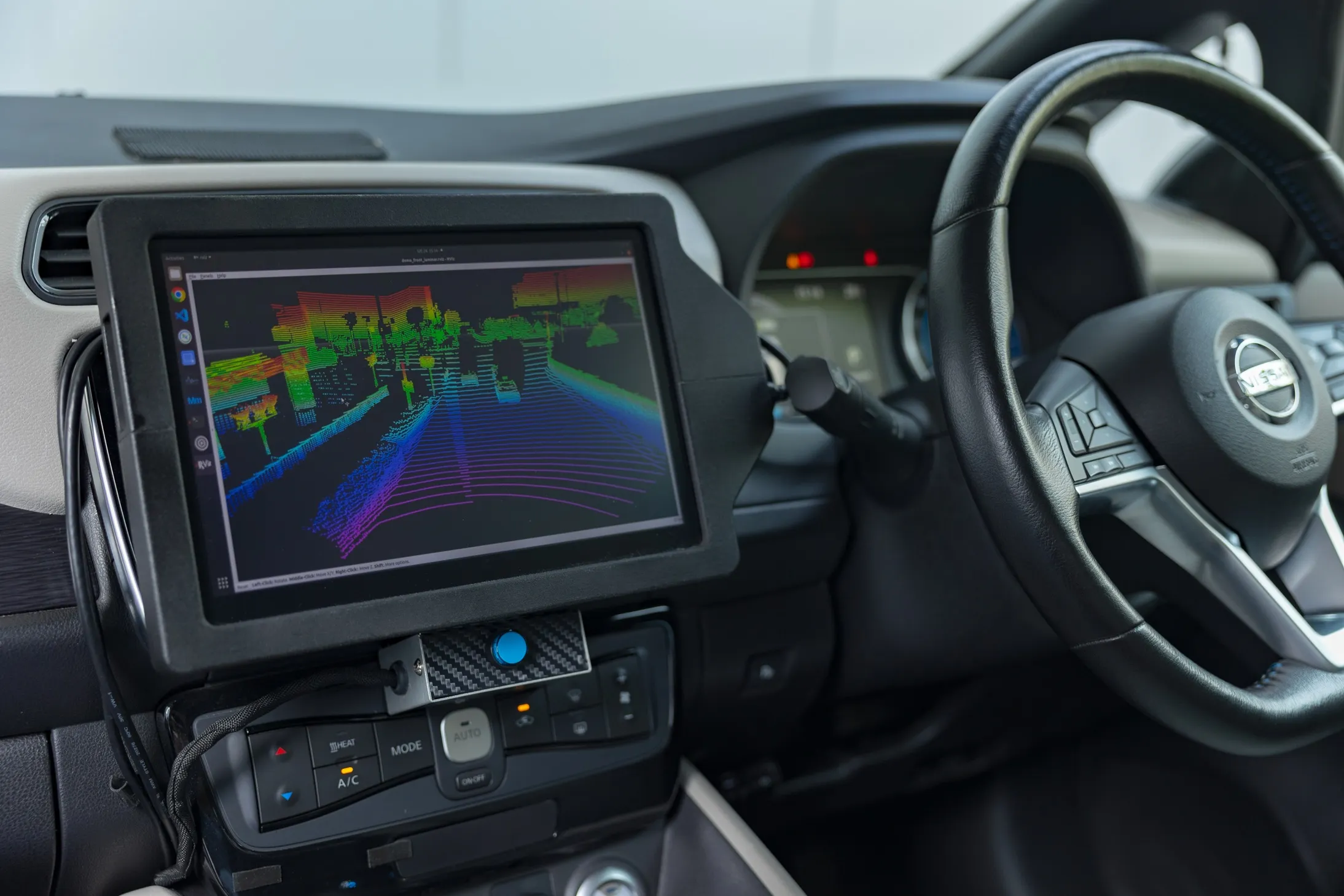
Nissan has begun demonstrating a prototype autonomous vehicle on the streets of Yokohama, Japan, with a view to rolling out fully-driverless services in the country in 2027.
The Nissan Leaf vehicle incorporates 14 cameras, 10 radars and 6 Lidar sensors, "significantly expanding the detection area and enabling more accurate detection of its surroundings", the auto maker says.
The Leaf prototype, operating at SAE Level 2 with a safety driver, can predict the behaviour of pedestrians, change lanes when merging and judge when to safely enter intersections, Nissan adds.
In autumn this year, the manufacturer plans to begin trials in the Minato Mirai area of Yokohama, and aims to carry out 'service demonstration tests' in 2025, increasing autonomous driving functionality while assessing customer acceptance.
The tests are being conducted with government bodies including the Japanese Ministry of Economy, Trade and Industry, and Ministry of Land, Infrastructure, Transport and Tourism, which organise the Level 4 Mobility Acceleration Committee.
Nissan says its long-term vision is "to empower mobility by solving transportation service issues faced by local communities".
Driver shortages - a result of Japan's ageing population - is one such challenge. Nissan says it will provide "a broad range of new services that enable free movement".








